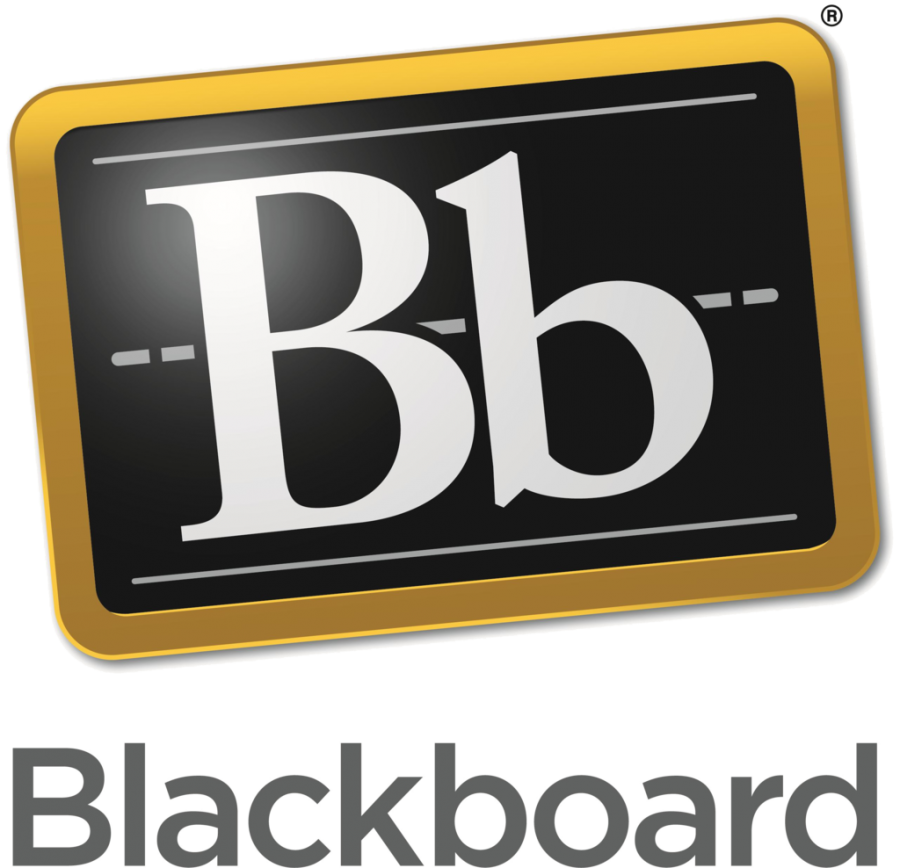Baruch College students are encouraged to take advantage of the many technological resources available to them. From computer labs to study rooms to numerous online platforms, students have access to many different resources that can help them study and learn.
However, instead of streamlining how students absorb their content, professors often resort to using more than one online platform because of CUNY Blackboard’s inefficiency.
Blackboard’s main goal as listed on CUNY’s official site “is to better support the development and delivery of web-enhanced, hybrid and online instructional opportunities.”
This mission would result in a faster and more advanced educational service, making things more convenient and easier for students.
But, many students and professors at Baruch would agree that this goal has not been met.
A common complaint from students is that Blackboard does not load pages properly or is often down for maintenance at the most inconvenient times which can result in delays.
“Blackboard has made it inconvenient for me to do work that’s already inconvenient,” Baruch junior Faiyaad Hossain said.
Some professors who are not fond of Blackboard instead refer their students to join other platforms like Canvas.
Competing platform Canvas offers a lot more than Blackboard to both the students and the professors.
Many students in Baruch, especially in the Zicklin School of Business, have to use platforms such as McGraw Hill Connect for their classes.
A big perk that Canvas offers which Blackboard lacks is the ability to sync Connect to the platform, showing assignments, quizzes and due dates in one space.
Everything is accessible from a single site, instead of having students going from tab to tab for only one assignment.
Another major difference between the two is that Canvas allows for third-party plugins, while Blackboard does not.
Even though Blackboard has more capabilities pre-installed and included, Canvas has more capabilities when it comes to adding programs and giving professors more flexibility with what they want within the class.
Blackboard has been a leader in online platforms for CUNY, but it is simply not up to the technological standards that students expect and deserve.
Baruch already requires students to do a lot of work on third-party websites like McGraw Hill Connect and Cengage.
Having a platform that can allow direct access to those sites, while also seeing grades and discussion boards would be easier and more convenient.
Canvas might not be perfect, but it is a good alternative to the current outdated system that is Blackboard.







Wry Me • Sep 11, 2019 at 1:52 pm
This article was not fact-checked.
–Blackboard does allow third-party plug-ins. All learning management systems do.
–A number of major academic publisher building blocks and LTIs (third-party plug-ins) are in use at CUNY with full integration into Blackboard, including the two mentioned in the article – McGraw-Hill Connect and Cengage. There are also several other third-party plug-ins in use in Blackboard at CUNY that aren’t mentioned, such as Wiley, Pearson, Turnitin, and VoiceThread.
–Capability and flexibility are actually superior in Blackboard, as it has basic functionality that Canvas lacks.
–CUNY Blackboard uptime has been better than 99% for years.
The author of this article didn’t do their homework.
James • Sep 10, 2019 at 1:37 pm
Did Canvas pay to have this article written?